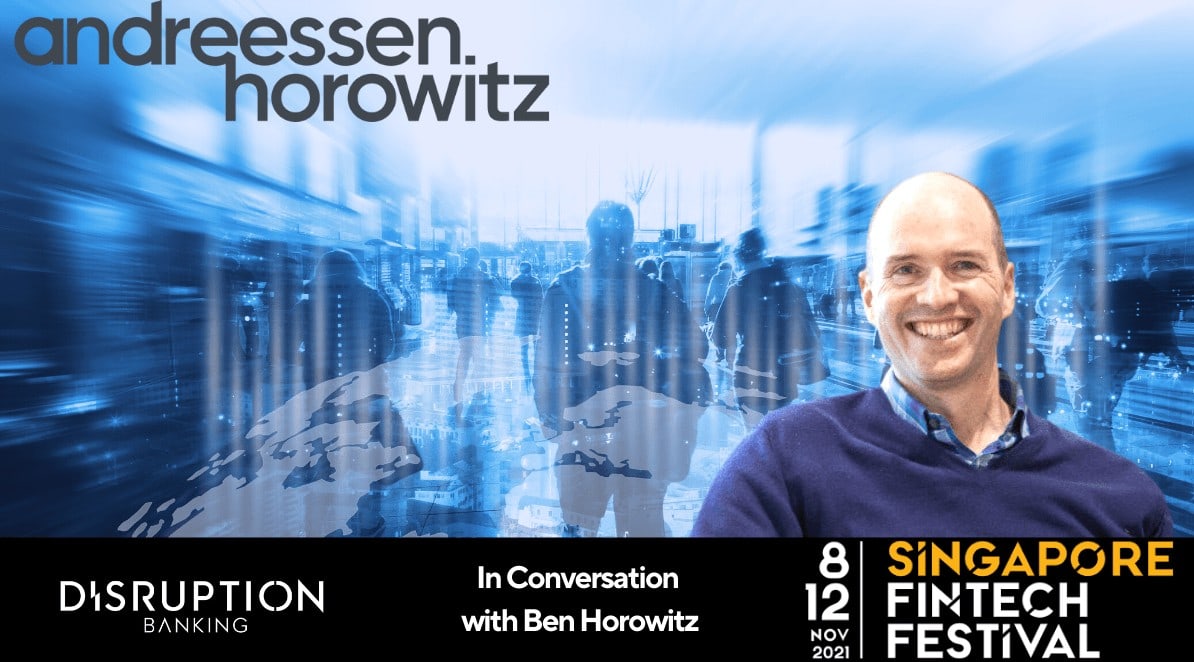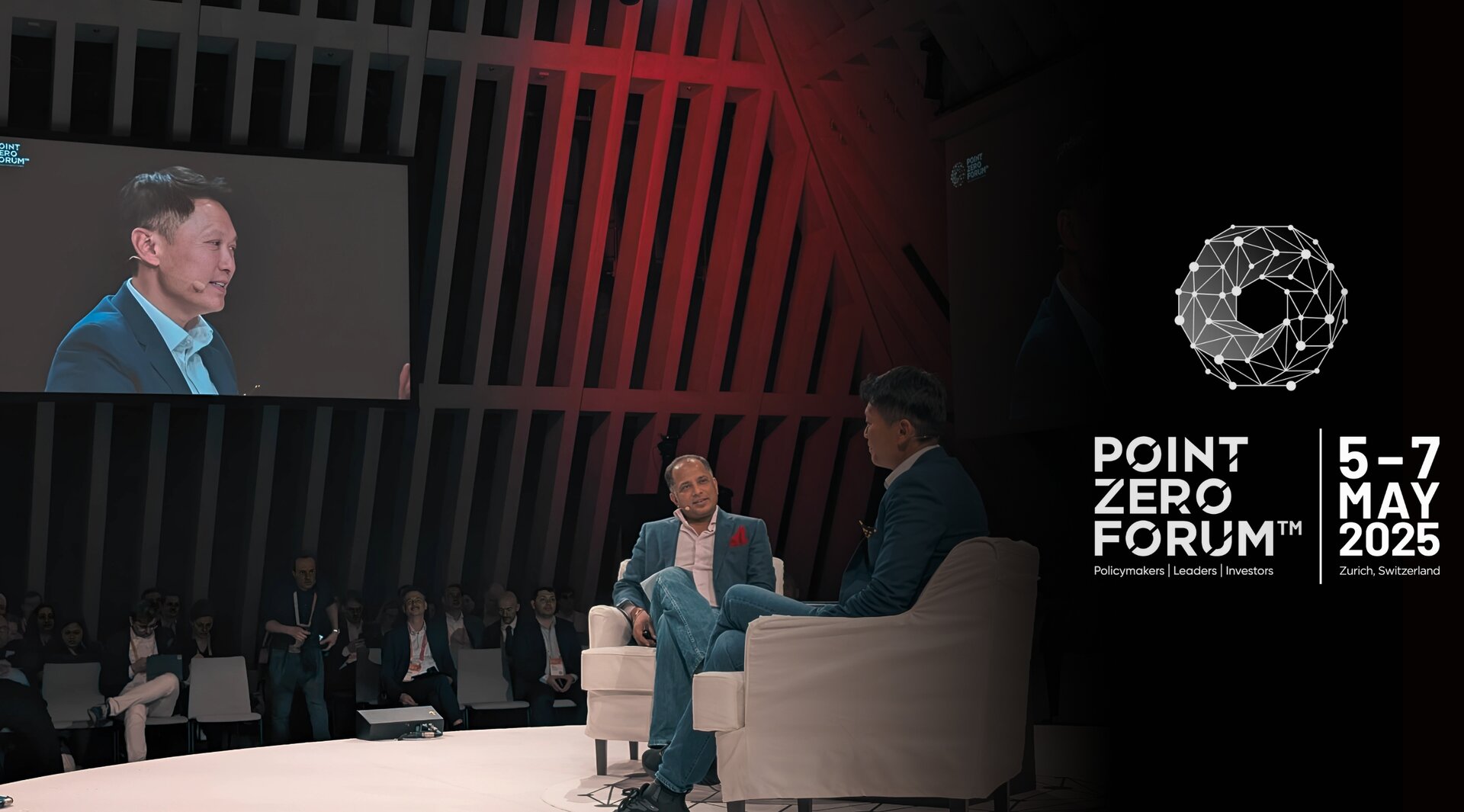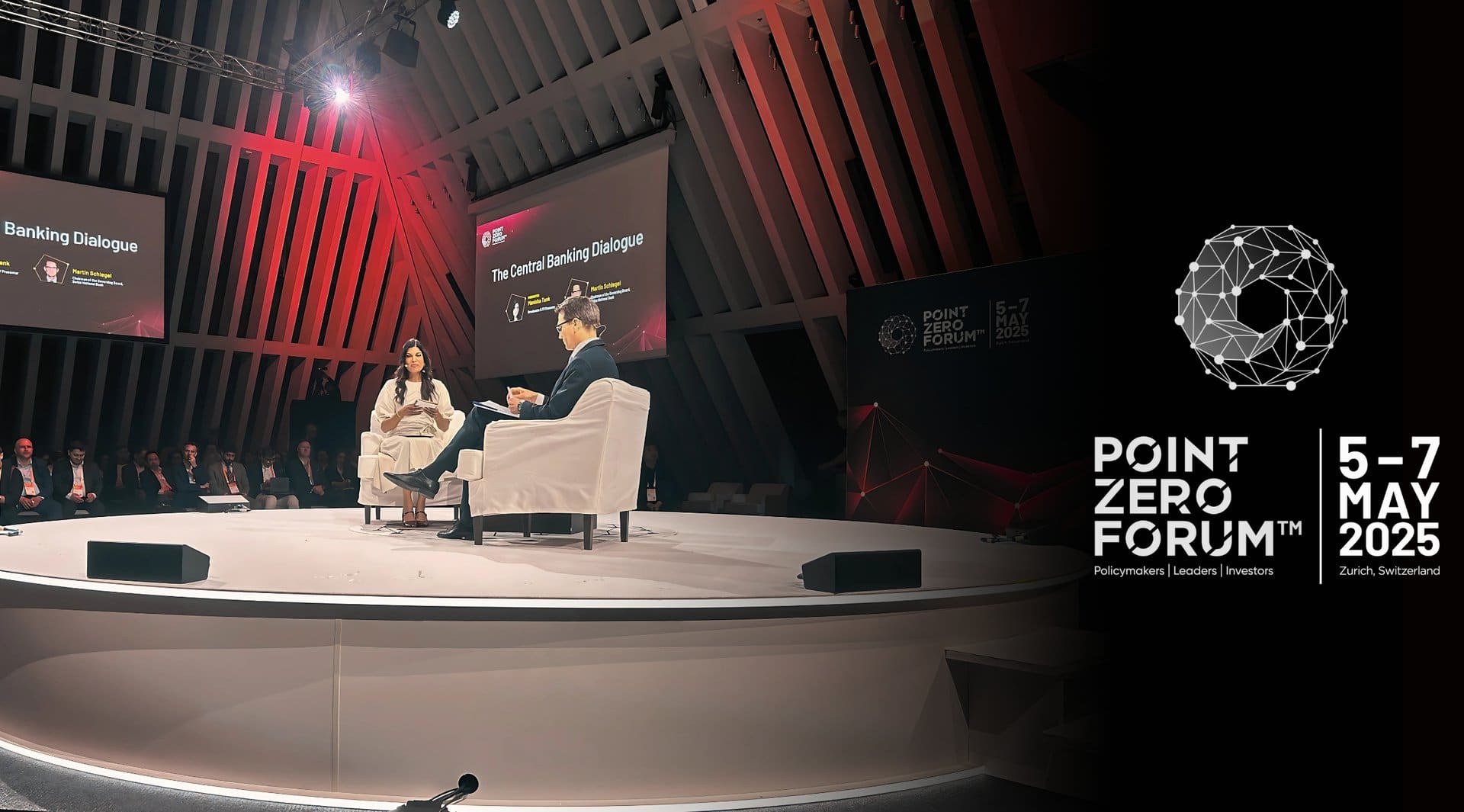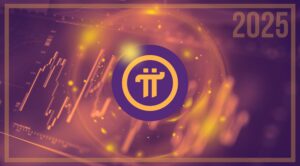Day three of the Singapore Fintech Festival kicked off with a conversation between Vikram Pandit, Chairman and CEO of The Orogen Group, and Ben Horowitz. Horowitz is the Co-Founder and General Partner of venture capital firm Andreessen Horowitz. As a firm that specialises in supporting innovative entrepreneurs and tech companies, Pandit explored Horowitz’s “expectations for Web 3.0” and the potential offered by this new development in technology.
Welcome back to Day 3 of #SFF! we're ready for you! To kick things off we have one of the most iconic venture capitalists, @bhorowitz of @a16z joining us at 8AM (GMT+8/SGT) for the first time at SFF. Are you ready? pic.twitter.com/8GJSoi57e2
— Singapore FinTech Festival (@sgfintechfest) November 9, 2021
Horowitz was clear from the start: he and his firm believe that Web 3.0 is “going to be transformational.” Why? Because the way it is set up will allow “permissionless innovation” to take place. That is to say, entrepreneurs and innovators will be allowed to experiment and create a whole new array of digitally-native products that will improve services and how we use the Internet. And because they will actually own the rights to that product, unlike now in many cases, there is an even greater incentive for innovation to take place:
“It’s a platform for permissionless innovation. So, one of the things that people really underestimate about the Internet when it started was, what kind of network is that? It’s hard to use. You can’t get an address. It has no security. It’s bananas. Like, what are you talking about?
“[…] But the thing the Internet had was permissionless innovation which meant if I built something on the Internet, it’s mine. I don’t have to ask permission and then I get the economic benefit. As opposed to if I build something on the IBM network; and so I’m not building anything. And by the way, I have to ask permission to build on it in the first place.
“That difference is so profound and this is the first time that we’ve been able to basically have permissionless innovation around. All kinds of things that have stayed in them including the ability to programme money in low and, for example, property rights. So it’s a huge breakthrough.”
Web 3 is the internet owned by the builders and users, orchestrated with tokens.
— cdixon.eth (@cdixon) September 26, 2021
This is a crucial point when discussing Web 3.0. As Horowitz explained, the fundamental elements that are required to build strong economies in which the necessary trust is there – notably the rule of law and property rights – are being transposed into the virtual world. This is a result of tokenisation:
“I think the first thing to really think about with Web 3.0 is we now have digital property rights in the virtual world, right? So we’ve never had property rights in the virtual world; if you think about how societies get built, and how economies get started, it starts there. And now we have it, and it’s in the form of these tokens. And the tokens can represent money, they can represent a painting, they can represent a piece of music, they can represent anything in the digital world. And so that’s a big breakthrough from a financial standpoint.”
This is interesting. Horowitz suggested that the goal of Web 3.0 and the new wave of technological development is to build an entire new, digitalised infrastructure. A whole new form of conducting business, finance and everyday economic practice – a “parallel economy” in Pandit’s words. The key, therefore, is not simply to transfer traditional forms of banking online, but to build a whole new virtual system:
“When movies came out, the first thing they made were filmed plays. So they just did a play and filmed it. And, you know, this was okay but an actual play was better, quite frankly.
“So then you think about what we tried to do in Web 3.0 with financial services. The first thing was like, “oh, well, you can use this to buy stuff like in the physical world” – [we didn’t] replace credit cards and these kind of things.
“The real way to think about it is, okay, we can build an entire virtual economy. With property rights and a financial system for a virtual world with lending and exchanges, and all those kind of things.
“That’s where the real action is right now, and once this virtual world gets built out, it’ll be a completely modern system. And it won’t take two days to clear a trade and all these kind of things.”
On a wider level, Horowitz also believes that this new wave of technological innovation could help balance some geographic inequality. In particular, he believes that developing economies in Asia could be well-placed to benefit from progress in this space, particularly in relation to crypto:
“I don’t think there is going to be a long delay between what happens in the US and what happens in Asia. And I think particularly there, it’s really exciting. […] China is the AI country. I think the rest of Asia is going to be [where] the crypto companies are. And I think that’s going to be just amazingly exciting for the people of Asia.”
Four awesome days in Singapore at @coindesk ‘s Invest: Asia confirmed my world view that Asia’s the center of the crypto universe & speculation is crypto’s first killer app. pic.twitter.com/BDk0nWQI9f
— Lou Kerner (@loukerner) September 12, 2019
Not only does he see Web 3.0 as helping address this form of inequality, but also that between the old and the young:
“[We are building] large virtual economies where there are tremendous opportunities for young people. One of the problems in countries is all the old people conspire against the young people to restrict building and drive up property values, and all these kind of things. But in the virtual world, the opposite is happening – the young are out in front and the old people are left behind, which is great. It’s fairness in that sense.”
Horowitz’s discussion with Pandit was fascinating in revealing just how revolutionary Web 3.0 could be. If Horowitz is right, it will fix so many major problems with how our economies currently operate: it will remove the need for expensive intermediaries, remove the “corruption that’s possible at many, many layers” and speed up what remain time-consuming processes. In Horowitz’s words, it will make the system “frictionless, fair and transparent.” The consequences, and possibilities, could be far-reaching.
Author: Harry Clynch
#SFFxSWITCH #SGFinTechFest #AndreessenHorowitz #PermissionlessInnovation #DigitalNative #Tokenisation #Crypto #ParallelEconomy #Inequality #Asia















